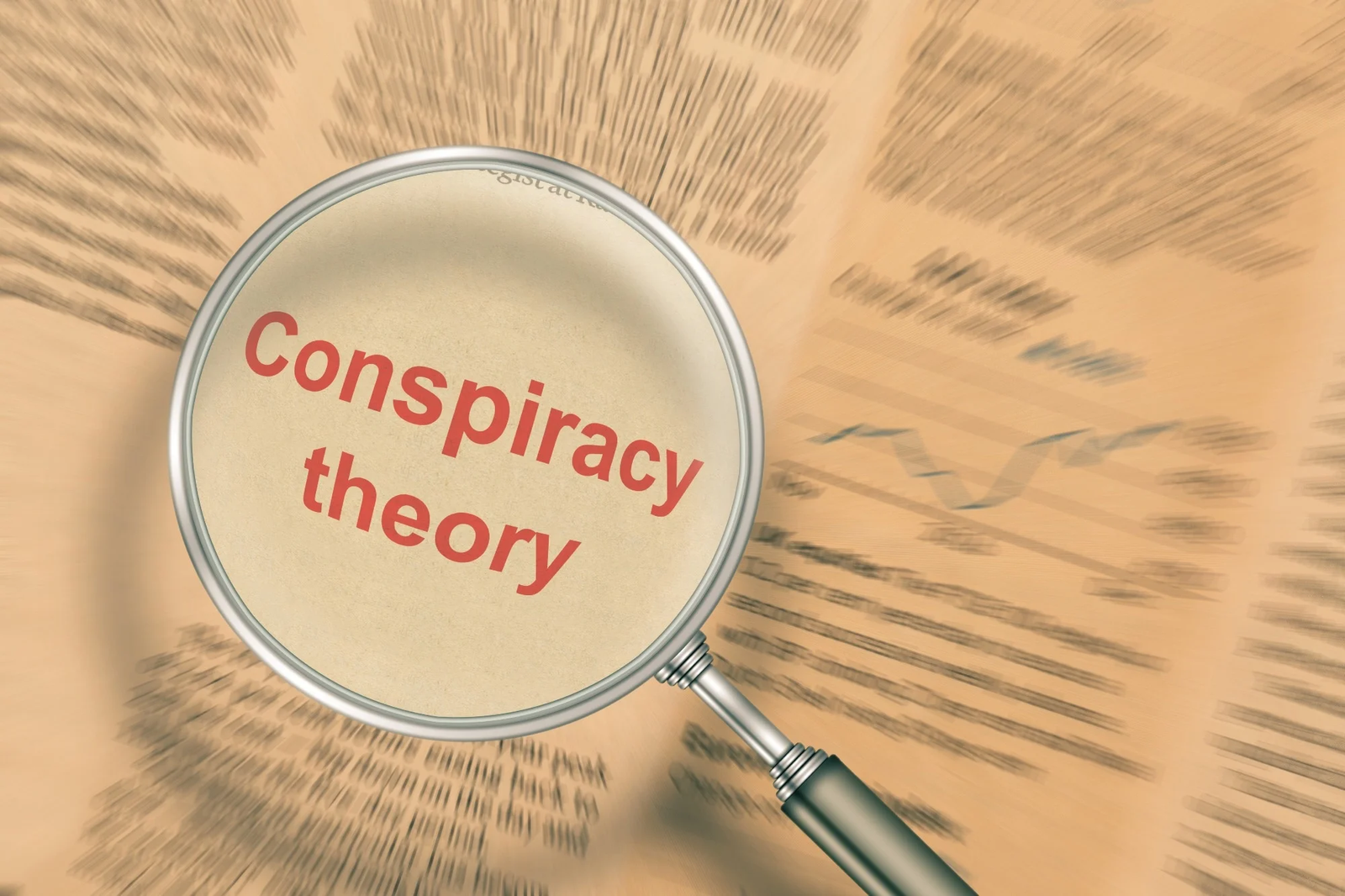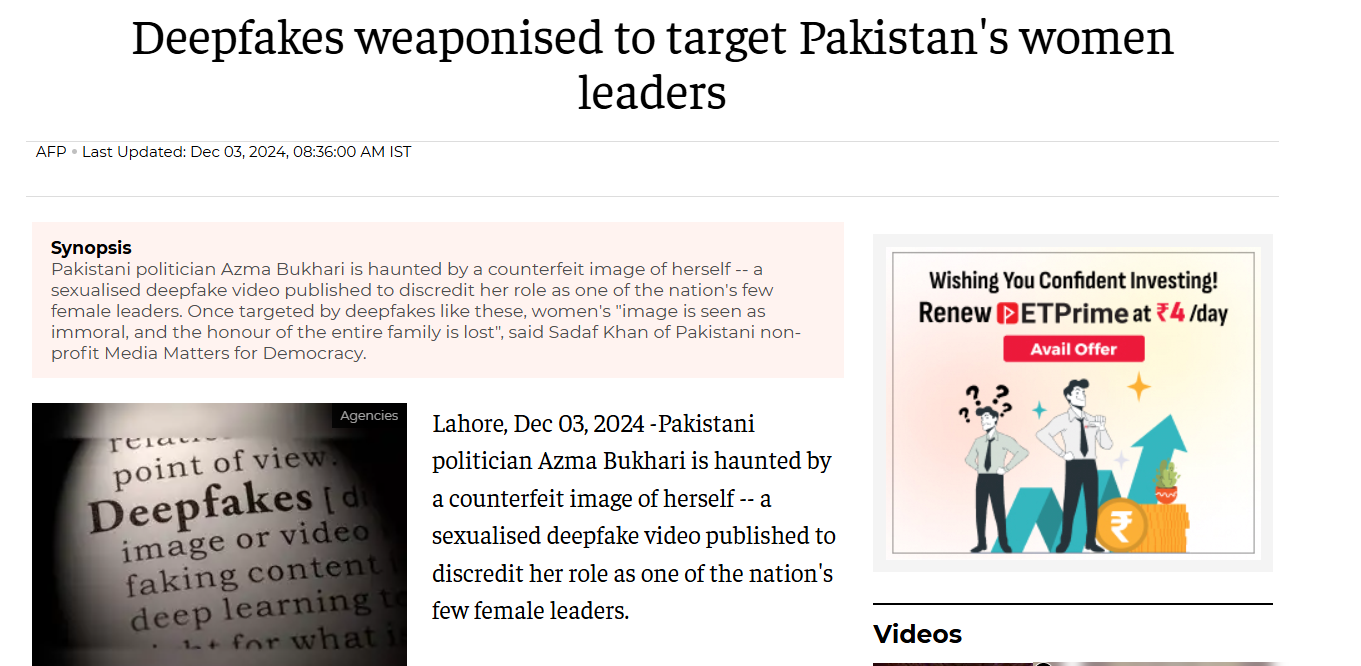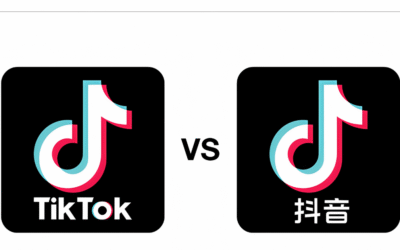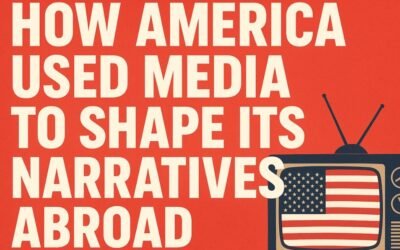What Is Propaganda Today?
Propaganda is when someone spreads ideas to change how people think or feel. In the past, people used posters, speeches, or the radio to do this. Now, propaganda spreads through social media, apps, and videos. It often shares political or religious messages. Some of these messages are true. Many are false. The goal is to influence people. In Pakistan, we see this every day on Facebook, WhatsApp, Instagram, and X (formerly Twitter).
Conspiracy Theories in Divided Societies
Conspiracy theories are false narratives that claim secret groups are responsible for significant events. These theories grow fast in divided societies. In Pakistan, some people believe such stories about vaccines, foreign spies, or religious groups. When people feel unsure or angry, they are more likely to accept these ideas. That is how these stories spread.

Image Credit: News Medical Net
Why Do People Believe Lies?
People believe lies because our brains sometimes fool us. This is called confirmation bias. It means we believe things that match what we already think—even if they are wrong. Fear and anger also make us share stories without checking. Some people like conspiracy theories because they feel smart, like they know something special. A report from IndiaToday explained how this played out during Pakistan’s elections.
More Like This:
How Social Media Spreads Fake News?
Social media makes it easy for lies to travel fast. A fake video or photo can go viral in minutes. In Pakistan, people use hashtags to push messages and make them trend. Even if a lie is later corrected, many people have already seen and believed it. A report from France24 showed how this happened during the 2024 election campaigns.
Common Lies in Pakistan: Vaccines, State, and Religion
One major conspiracy was about vaccines. During COVID‑19, many people believed that vaccines caused infertility or had tracking chips. These lies made people afraid. In Sindh, fewer than half of the people said they would get vaccinated. A study by PMC proved this. The same fears also hurt Pakistan’s polio drive. In some areas, parents stopped vaccinations after hearing fake rumors. MDPI shared how polio cases went up in such places.
“Recently, misinformation and disinformation, as well as fake news, have become global threats to public health owing to their role in spreading viral health hazard information. The growing, explosive religious fatalistic views presented on social media and widespread misinformation, disinformation, and fake news can result in detrimental outcomes in adopting protective behavior. The moderating implications of misinformation and religious fatalism can be severe, leading to adverse effects on polio vaccine acceptance.”
Some lies targeted the government. One story claimed the Pashtun Tahafuz Movement was working for India. These false posts increased hate between different ethnic groups. France 24 found no evidence to support such claims.
How Lies Almost Started a War

Image Credit: Economic Times
In May 2025, during Operation Sindoor, fake videos flooded the internet. Some showed fake bombings or speeches that never happened. People believed them. This caused panic. A story from ET explained how close things got to war. The Pakistani government also asked platforms to block pages from banned groups like Fitna al Khwarij (FAK) and Fitna Al Hindustan (FAH). These groups were spreading hate using fake content.
Tricks That Make Lies Work
Fake news spreads because it plays with feelings. It uses fear to scare us. It uses identity to divide people. Some lies use counterfeit quotes from famous people. These tricks make the lies seem real. That is why they travel so fast online.
How to Stop Fake News: Learn and Share Truth
To stop lies, Pakistan must teach people how to check the facts. Schools should help students ask thoughtful questions. Workshops at universities and newsrooms can also teach the fundamentals of fact-checking.
Trusted media like Dawn, Herald, and Surkhi are already doing this work. Their fact-checks should be shared more often.
Trusted voices also matter. Religious leaders, teachers, and local influencers can help spread truth. People listen to them. An MDPI study shows that personal advice works better than general videos.
The government must also act. It should tell social media companies to ban pages from hate groups. This is key to keeping people safe online.
There is a YouTube video called “Disinformation v. misinformation v. propaganda.” It illustrates how fake news spreads and provides guidance on how to protect yourself.
Smarter People, Stronger Nation
Fake news and propaganda are not just online problems. They hurt real people. They create fear, mistrust, and division. In Pakistan, lies about vaccines, religion, and politics have caused real harm to public health, peace, and national unity.
We must fight back. How? By teaching people how to check facts, support good journalism, and follow trusted leaders. If more people think before they share, Pakistan will be safer and stronger.
Also, we must build strong laws to stop the people who create fake stories on purpose. Our leaders, teachers, and families must all work together. A smart, informed public is our best defense against digital lies. In this age of fast information, the truth is Pakistan’s most excellent shield.






